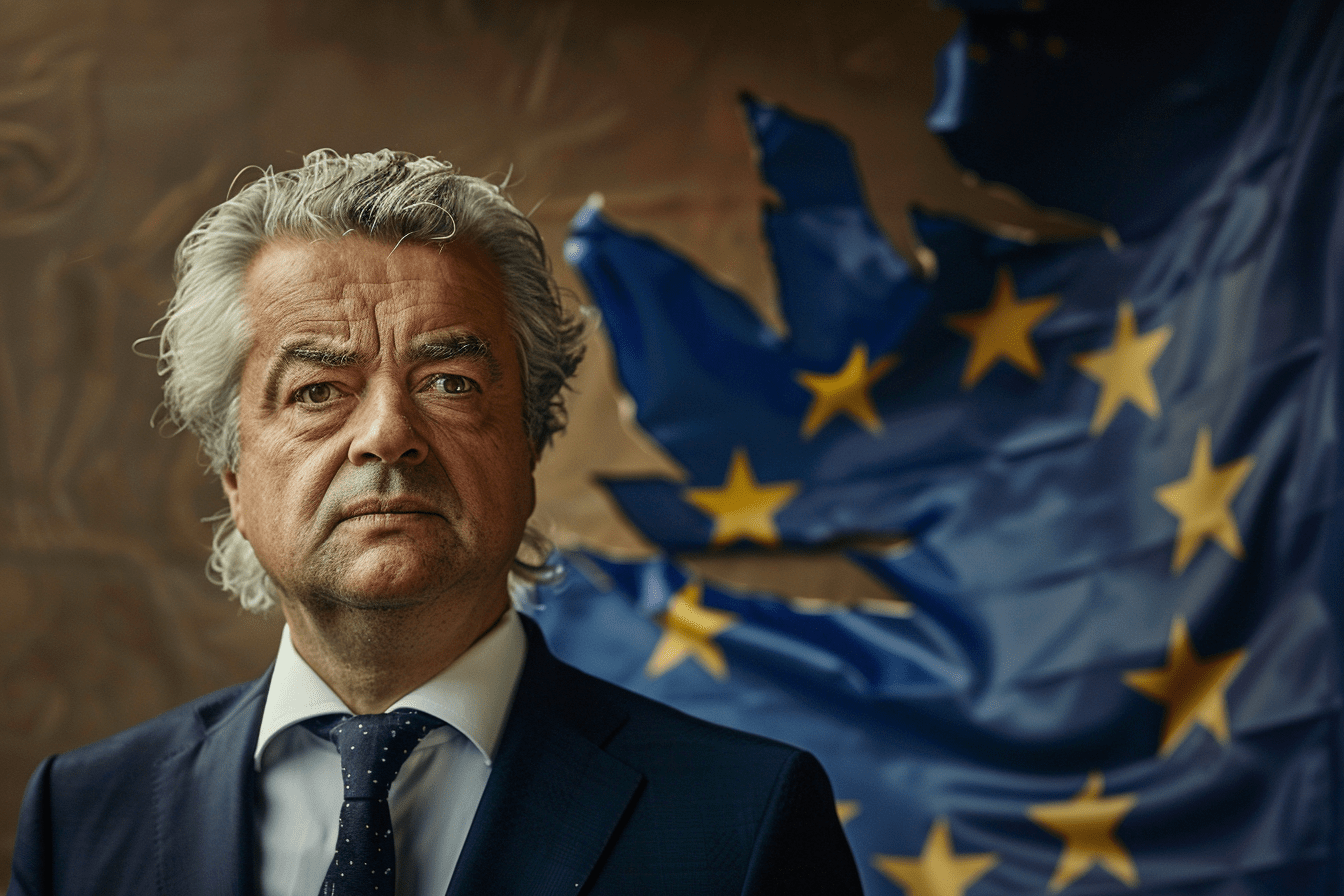The New Dutch Government Might Be Heading Towards a Collision Course with Brussels
Whatever one thinks of the European project, a collision course with Brussels is not only a waste of time, but will also likely undermine the Dutch position in the world.

The Netherlands is embarking on its most rightwing government since the Second World War. A government that may look similar to the one in power in Italy at the moment.
There are more comparisons between the two countries. The new Dutch government is called “center-right” while the largest contribution no longer comes from a center-right party, there was lots of wrangling and drama during the negotiations, and an almost Machiavellian spectacle when it comes to the prime minister candidate (still unknown at the time of writing). For a Dutch political scientist who lives and works in Italy, this all sounds very familiar.
Opt-uts and Exeptions
Yet, there are very important differences with the Italian government led by Giorgia Meloni, and these differences may prove to be crucial. First, Geert Wilders as the leader of the Party for Freedom will not become the prime minister, but rather will remain in Parliament like all other leaders of the governing coalition.
Unlike prime minister Giorgia Meloni, he does not need to take full responsibility for the government policies. He can be one foot in the government and one foot outside it, which might prove to become a recipe for substantial government instability. Second, and even more important, while Meloni's government works closely with Commission President Ursula von der Leyen and even called for stronger European cooperation in the areas of migration and security lately, the new Dutch government appears to be set on a collision course with Brussels.
Apart from the Ukraine positions which are in line with the EU consensus, the government agreement mainly talks about opt-outs and exceptions when it comes to migration and climate policy, and advocates a lower financial contribution to Brussels' budget.
It is difficult to decipher a sense of reality in these plans. For example, an opt-out cannot be requested directly from the Commission as stated in the agreement, but it requires a treaty amendment. This seems a near to impossible task at the moment. Moreover, negotiating down the Dutch financial contribution is likely to fail as other member states might want to follow suit.
Also, in the future, it is likely that more money will be needed sooner in order to guarantee our international security and strengthen external borders. Opt-outs, exceptions, lower financial contributions: these are all plans that seem like they are doomed to fail.
This could prove periculous for a small country like the Netherlands. Unlike the Italian government, which has other international forums to pursue its national interest, the G-7 for example, the Netherlands does not have many other options, especially at this crucial moment in world history.
A war is raging in Ukraine, accession is on the horizon, and we are dealing with an American presidential candidate who openly questions whether a European NATO member should receive military support in the event of an attack.
The Tendency to Withdraw from Europe
The new Dutch government seems to be somewhat in a state of mental isolation: it seems to want to withdraw from the new geopolitical and geo-economic realities that face us all. Upon closer inspection, the tendency of the Dutch to withdraw from Europe is not new. As Dutch historians (like Mathieu Segers for example), have argued, Dutch governments in the past have disconnected from European allies by seeking refuge outside Europe in Transatlantic relations. But given the pivot that the United States, even under current President Joe Biden, has made to other parts of the world, the Dutch government cannot rely on a strong American alliance. Stronger American isolationism is also putting increasing pressure on the functioning of NATO. This looks even more worrying in light of a possible Trump victory in November.
The pressure on the European continent, and with it the Netherlands, is increasing continuously. With war raging in Ukraine and Gaza, and relations between China and the United States cooling, the EU will need deeper defense integration to meet its growing geopolitical challenges and find a solution for the sluggish economic growth it is facing. This requires more investment in and commitment to the Union and its internal market, especially because the economic and monetary union might need reform and the banking union fails to get off the ground.
A Dutch government cannot simply close itself off from these geopolitical and geo-economic realities, it will have to engage with them. The causes for the high level of well-being and security that Dutch citizens can currently enjoy do not only lie within the Dutch national borders, but reach far beyond them.
Decades of peace and free trade are coming under attack, and this is especially consequential for an open and small trading economy like the Netherlands. The future Dutch government will therefore have to work hard for the continued welfare and security of its citizens. It will be especially hard work for this new government that aims to take from rather than give to the European project and seems to suggest that the EU is the culprit of all problems in the Netherlands.
Whatever one thinks of the European project, a collision course with Brussels is not only a waste of time, but will also likely undermine the Dutch position in the world.

The tendency of the Netherlands to withdraw from Europe is not new: Dutch governments in the past have disconnected from European allies by seeking refuge outside Europe in Transatlantic relations
IEP@BU does not express opinions of its own. The opinions expressed in this publication are those of the authors. Any errors or omissions are the responsibility of the authors.
